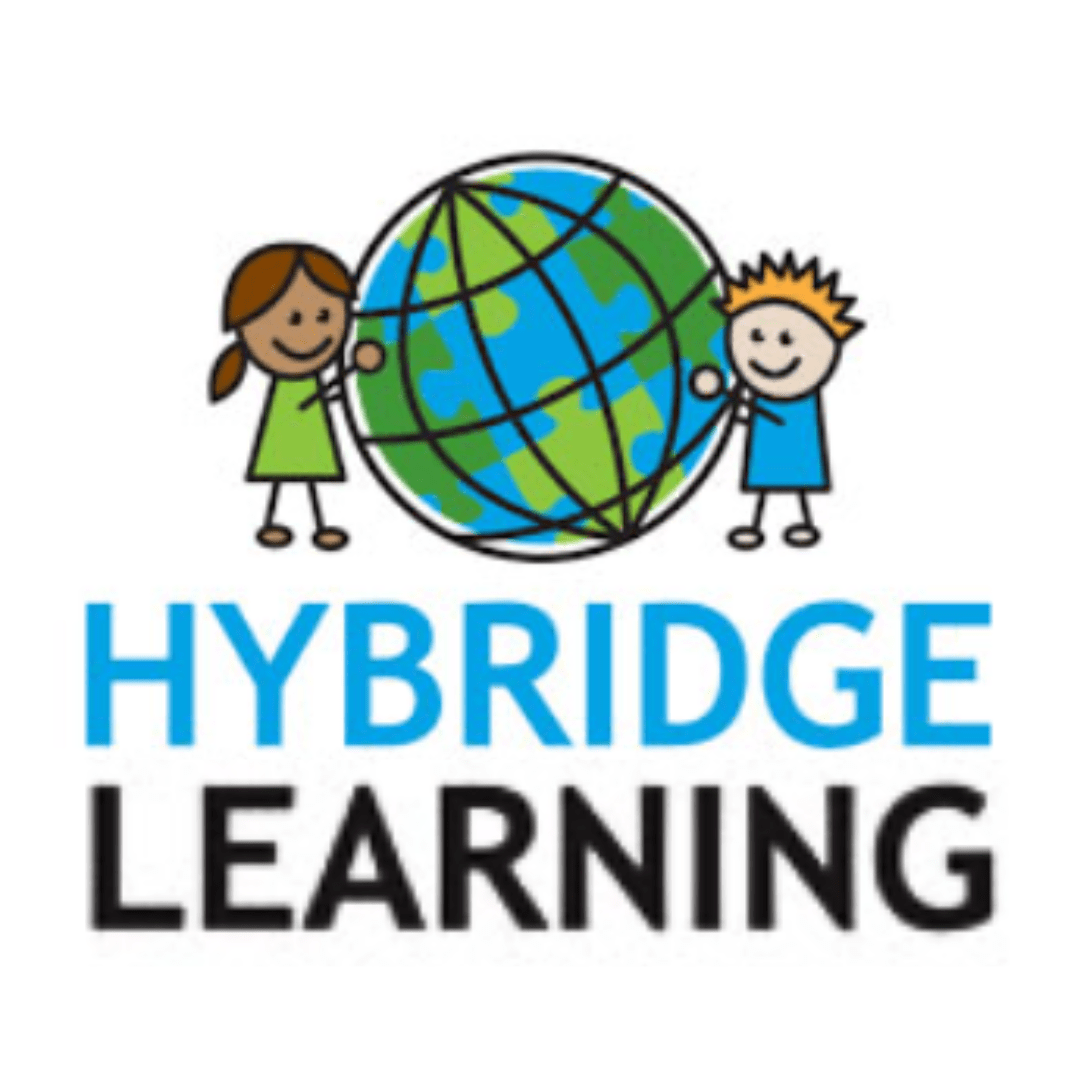Applied Behavior Analysis (ABA) isn’t just a therapy; it’s a way to unlock potential and build a foundation for lasting success. Whether it’s helping a child with autism navigate social situations, excel in academics, or gain independence in daily life, the benefits of ABA have a remarkable way of creating positive change.
One of its key strengths? Teaching practical abilities that truly matter.
Let’s explore the long-term benefits of life skills ABA and how it can make a difference in every aspect of life.
What are the life skills of ABA?
Life skills of ABA is all about teaching abilities that make everyday life easier and more fulfilling. These skills cover a wide range of areas, helping individuals gain independence and confidence. Here’s what life skills ABA can teach:
- Self-Care: Learning to dress, brush teeth, and manage personal hygiene.
- Communication: Being able to express needs, respond to questions, and have conversations.
- Social Interaction: Skills like sharing, taking turns, and understanding social cues.
- Daily Living: Things like making meals, cleaning up, and organizing belongings.
These are skills many of us take for granted, but they’re life-changing for someone who struggles with them. Life skills in ABA focuses on giving individuals the tools they need to be successful—not just now, but in the future.
What are examples of life skills?
Life skills are the foundation for independence, and ABA breaks these down into achievable steps. Here are a few examples of what life skills ABA might target:
- Communication Skills:
- Asking for help when needed.
- Understanding and following directions.
- Social Skills:
- Starting and maintaining conversations.
- Sharing and taking turns in group activities.
- Self-Care Skills:
- Learning how to dress and undress independently.
- Washing hands and maintaining personal hygiene.
- Cognitive Skills:
- Solving everyday problems and making decisions.
- Recognizing patterns and learning routines.
- Executive Functioning:
- Planning and organizing tasks like packing a school bag.
- Managing time effectively to complete activities.
- Safety Awareness:
- Recognizing potentially dangerous situations.
- Following safety rules, like looking both ways before crossing a street.
These skills might seem small, but they add up to big wins. By focusing on these areas, ABA gives individuals the ability to take on the world with confidence.
How to teach life skills to individuals with autism?
Teaching life skills to individuals with autism takes creativity, patience, and a plan tailored just for them. ABA provides a step-by-step method that makes learning easier and more effective. Here’s how it works:
- Individualized Assessment:
- Start by figuring out the child’s strengths and challenges. ABA therapists work with families to choose the most important skills to focus on.
- Task Analysis:
- Break each skill into small, manageable steps. For example, brushing teeth can be taught as separate steps: picking up the toothbrush, putting toothpaste on, brushing, and rinsing.
- Positive Reinforcement:
- Celebrate every win! Whether it’s a high-five, a favorite snack, or just lots of praise, rewards help kids feel proud of their progress.
- Modeling and Prompting:
- Show the child how to do the task, then guide them through it. Gradually reduce the help as they get better at it.
- Generalization:
- Practice the skill in different settings to make sure it sticks. For example, practicing social skills during playdates, grocery trips, or family dinners.
- Consistency:
- Regular practice is key. Parents and caregivers play an essential role in reinforcing skills during daily routines.
Teaching life skills through ABA is designed to be fun, engaging, and rewarding. The goal is to build confidence and independence, one step at a time.
The Long-Term Benefits of ABA in Teaching Life Skills
Learning life skills is about more than learning tasks—it’s about building a future. Here are some of the long-term benefits:
1. Stronger Social Connections
Learning social skills like making friends, reading emotions, and resolving conflicts helps individuals build meaningful relationships. These connections create a sense of belonging and community.
2. Academic Success
ABA improves focus, organization, and problem-solving, which are essential for academic achievement. Skills like following instructions and managing time make school life smoother and more productive.
3. Greater Independence
From cooking meals to using public transportation, life skills ABA teaches individuals to handle daily tasks on their own. This independence boosts confidence and opens doors to new opportunities.
4. Better Employment Prospects
Workplace skills like punctuality, teamwork, and adaptability are also part of life skills ABA. These abilities make it easier to find and succeed in a job.
5. Higher Confidence and Self-Esteem
Every new skill learned is a reason to celebrate. As individuals see what they’re capable of, their self-esteem grows, motivating them to keep learning and trying new things.
Wrapping Up
Learning life skills isn’t just about today—it’s about building a brighter tomorrow. By focusing on practical abilities and fostering independence, it creates a strong foundation for success in every area of life. Whether you’re a parent, caregiver, or educator, investing in life skills – ABA can make all the difference.
Do you have questions about how ABA can be used to teach life skills? Or maybe you’d like to share a success story?
We’d love to hear from you!
Interested In More Hands On Support?
Hybridge Learning Group serves families and learners of all ages in New Jersey, Delaware, Maryland, and Virginia.
Autism · ABA Therapy · Occupational Therapy · Speech Therapy · School Support
Here To Help
Hybridge Learning serves families and learners of all ages in New Jersey, Delaware, Maryland, and Virginia.
Phone: (855) 796-7518
Fax: (908) 271-7110
Email: services@hybridgelearning.com
Website Quick Links
About Hybridge Learning
Locations
Services
Resources
Careers
Getting Started
Get Started
Our team is here to make getting started easy every step of the way. The first step is filling out our contact form & scheduling a free consultation to chat with our team.

